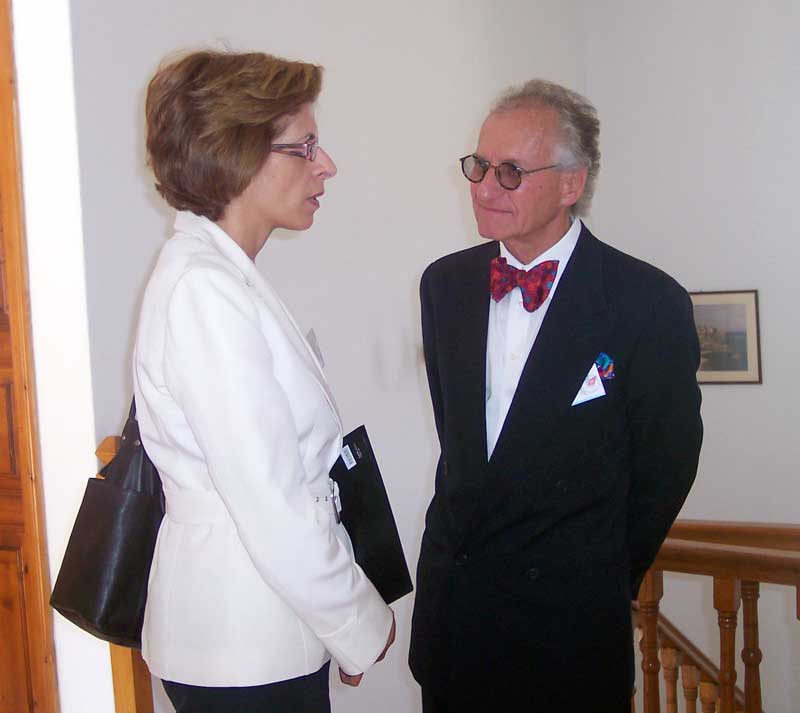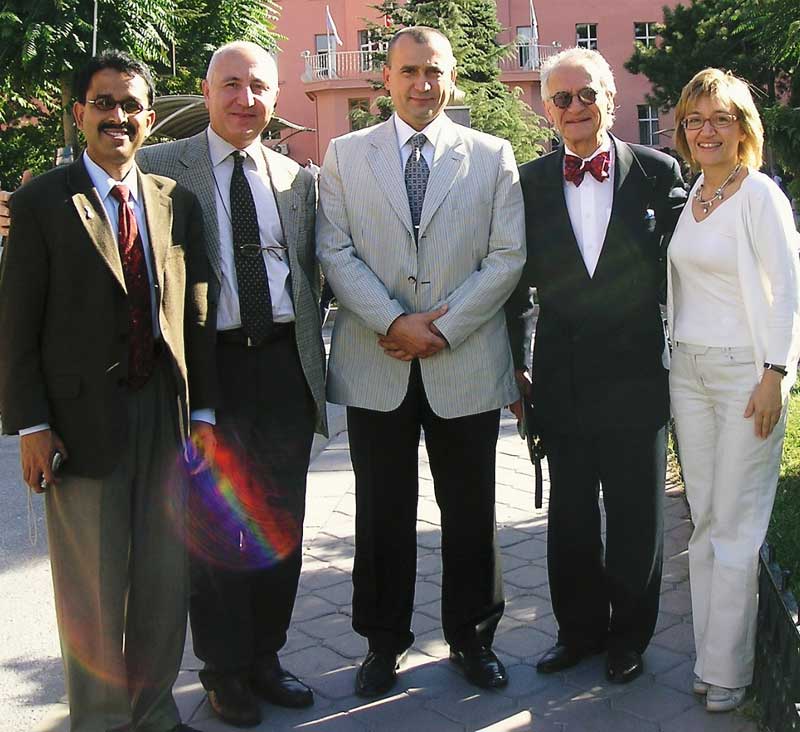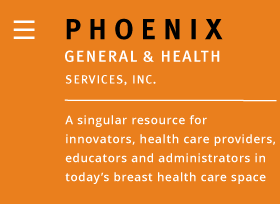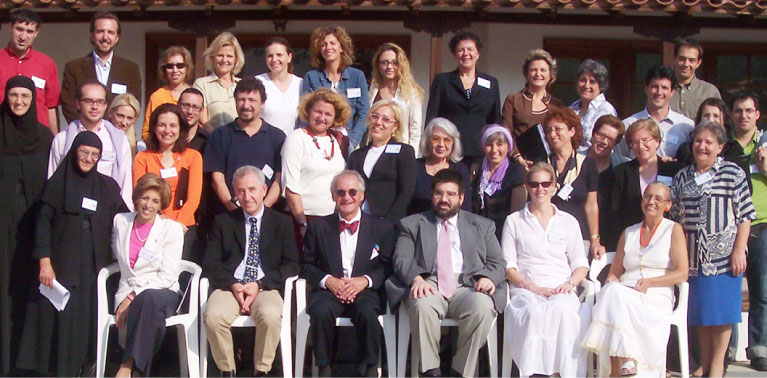SELECT INTERNATIONAL PROJECTS

DR K WITH STELLA KYRIAKEDES FROM CYPRUS. SHE IS FOUNDER AND PAST PRESIDENT OF EUROPA DONNA, THE EUROPEAN PATIENT ADVOCATE ORGANIZATION.
(click photo to enlarge)
ORMYLIA, GREECE
The Ormylia Program receives financial support from multiple organizations such as the European Union, the Susan G. Komen Breast Cancer Foundation and the Hellenic Aid Program of the Greek Ministry of Foreign Affairs, to develop training programs for practitioners from underserved settings. Starting in 2001 with Dr Kivitz' guidance, biennial programs have been organized for radiologists, technologists and other breast care physicians from countries such as: Azerbaijan, Bosnia, Czech Republic, Cyprus, Egypt, Eritrea, Estonia, Kenya, Poland, Serbia, Slovakia, Syria, Rumania and Turkey. Not only has he shared his own expertise and experience training our staff and conference attendees but also his contacts with internationally recognized experts who in turn have become consultants to us.
— Brother Charles Anthony, Director
Ormylia Center, Panagia Philanthropini
Porto Alegre, Brazil
“TEN THOUSAND WOMEN FOR TEN YEARS”
PORTO ALEGRE BREAST HEALTH INTERVENTION COHORT, BRAZIL
During a 2001 speaking engagement in Brazil, Dr. Kivitz is invited to be the international consultant on a breast cancer research project involving six favelas in Porto Alegre. Dr Kivitz helps design the center, choose the equipment and train the staff using U.S. MQSA standards. It is a breast cancer screening and treatment center for underserved women; it offers a rare opportunity to demonstrate the importance of early detection to improve survival rates as well as quality of life for women and their families. At the time, these women’s breast cancers are diagnosed at advanced stages with survival only approximately 50%.
NMPOA is a prospective breast cancer screening study with two primary objectives:
(1) To test the effectiveness of a centrally structured mammography screening and early treatment program, based on active women search, close contact with the Public Breast Health Units, and promoting a multidisciplinary, humanized care for an underserved population from a developing country.
(2) To verify the profile of breast cancer risk factors in this female population, evaluate the frequency and possible contribution of established risk factors while attempting to identify new risks.
A secondary objective is to estimate the cost-effectiveness of such a program.
Porto Alegre Breast Health Intervention Cohort (NMPOA)
Enrollment for this breast cancer study begins in 2004. Accrual closes with 9,218 women from six favelas. These medically underserved women are ages 16 to 69. Those aged 40-69 receive physical examination, risk analysis, education as well as mammography and ultrasound if needed. Women younger than 40 regularly receive physical examination, risk analysis and education. At 40, mammography is added.
Dr Kivitz regularly goes to Brazil to review and inspect the facility to assure maintenance of quality standards. During his visits, he also performs second reading of unusual and difficult mammograms as well as training new staff assistants and answers questions from the research team.
His active participation in the study provides international standards for the mammography screening and diagnostic program.
During the 2009 San Antonio Breast Cancer Symposium, NMPOA data are presented for the percentage of women 40 and over who followed the recommendation to have a mammogram annually but at least every two years. The goal in the U.S. by 2010 is that at least 70% of women would have a mammogram at least every one to two years. NMPOA data show for 2007 – 72% and for 2008 – 77.5% complied with this recommendation. This response, higher than the U.S., is the result of planning for extensive outreach with a coordinated team.
National statistics for Brazil indicate that 60% of cancers are diagnosed Stage III and IV.
NMPOA in first years has 87% cancers diagnosed Stage 0 – II. NMPOA continues to present its data at major international breast meetings throughout the world.
“Since 2001, Dr Kivitz has been international consultant of Breast Cancer Screening Program, Breast Health Intervention Cohort -NMPOA in southern Brazil...... His active participation on the study has been indispensable and of great importance since it provides international patterns and accreditation to the mammography screening program developed.”
– Dakir Filho, Radiologist-in-Charge

L TO R: DR M. MAHESH, PHYSICIST FROM JOHNS HOPKINS UNIVERSITY, TWO TURKISH RADIOLOGISTS, DR K, AND PROF. DR ASYGUL FROM ISTANBUL, TURKEY, WHO ORGANIZED THE TRAINING PROGRAM.
(click photo to enlarge)
ISTANBUL, TURKEY
The Turkish Society of Radiology invites Dr Kivitz to train 25 radiologists and physicists in the MQSA program standards and how to perform inspections. Their intent is to establish a similar program in Turkey. During the training, volunteer patients agree to allow Dr Kivitz to position them to demonstrate correct mammographic positioning for radiologists and technologists who are observing.


